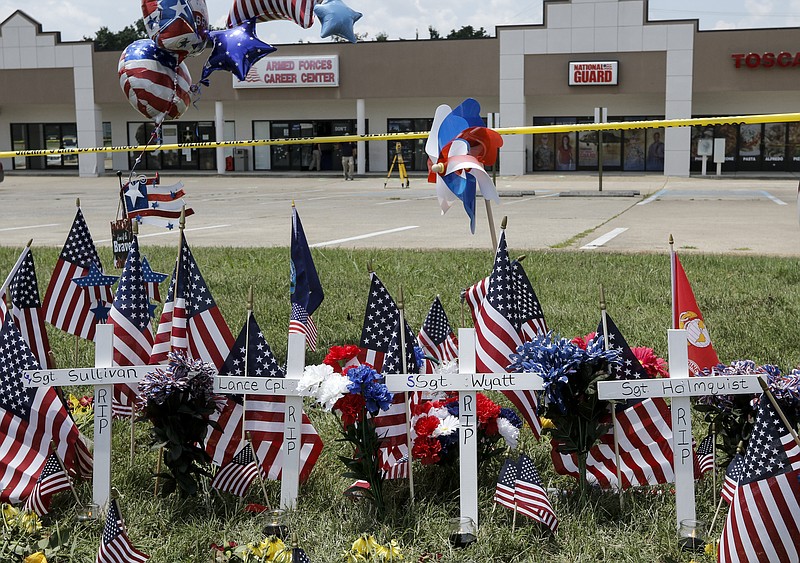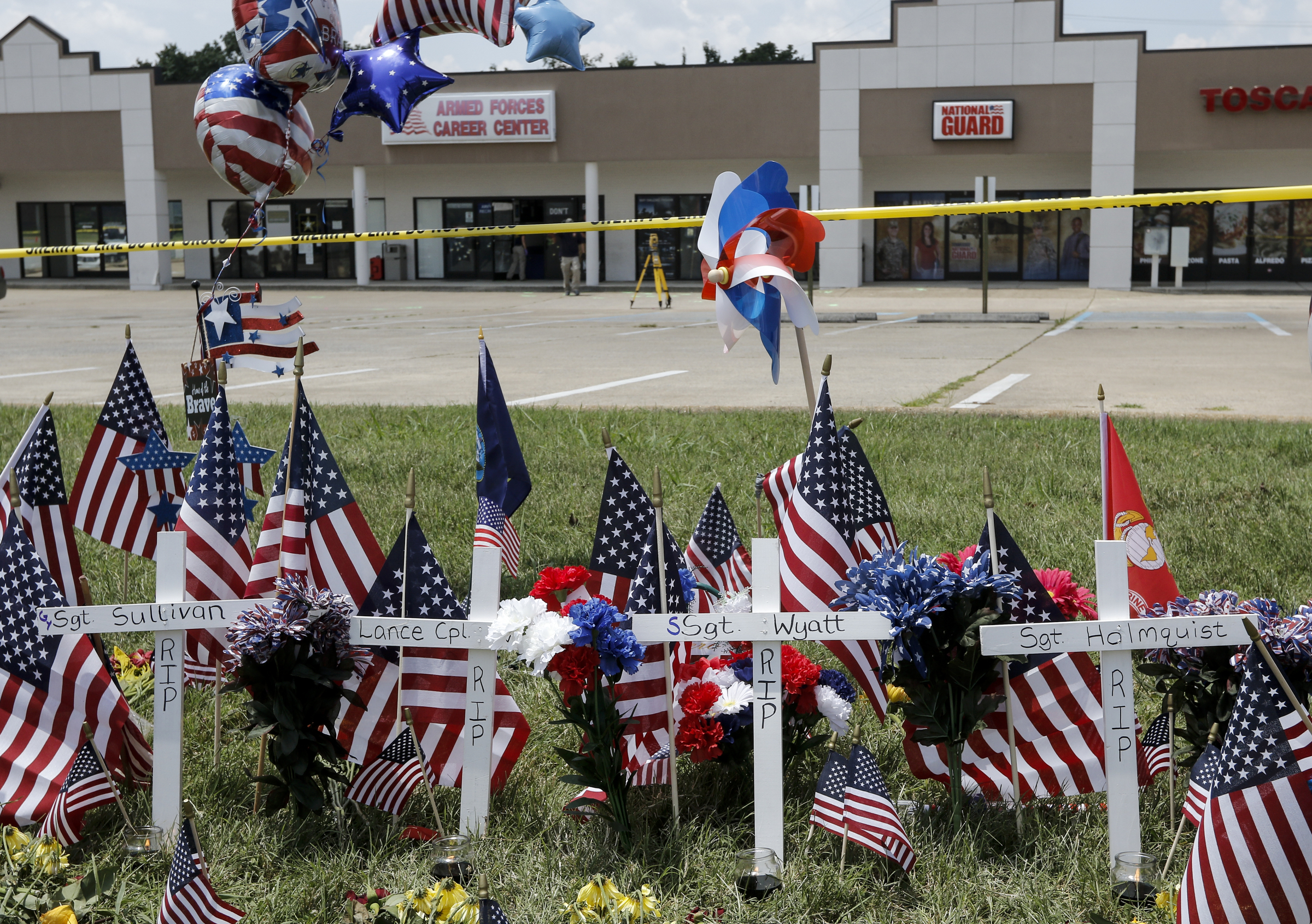CITY OF CHATTANOOGA ETHICS POLICY
Excerpt:An official or employee may not accept, directly or indirectly, any money, gift, gratuity, or other consideration or favor of any kind from anyone other than the City:1. For the performance of an act, or refraining from performance of an act, that he or she would be expected to perform, or refrain from performing, in the regular course of his or her duties; or2. That might reasonably be interpreted as an attempt to influence his or her action, or reward him or her for past action, in executing business of the City.Source: City of Chattanooga
HAMILTON COUNTY ETHICS POLICY
Excerpt:An official or employee, or an official’s or employee’s spouse or child living in the same household, may not accept, directly or indirectly, any gift, money, gratuity, or other consideration or favor of any kind from anyone other than the County:(1) For the performance of an act, or refraining from performance of an act, that he would be expected to perform, or refrain from performing, in the regular course of his or her duties; or(2) That a reasonable person would understand was intended to influence the vote, official action, or judgment of the official or employee in executing County business.
A national nonprofit organization on Wednesday announced it would give $1,000 apiece to 28 first responders who suffered psychological trauma during the July 16 terrorist attacks - but the city of Chattanooga's code of ethics expressly forbids employees from accepting such gifts.
City employees - like police officers - aren't allowed to accept any money, gifts or gratuities for performing actions that are expected in the regular course of their duties, city code shows. Hamilton County has an identical policy on the books.
Yet 28 first responders affiliated with the city applied for and were approved to receive money from the National Compassion Fund, part of the nonprofit National Center for Victims of Crime that took in more than $467,000 in donations for the victims of the July 16 attack.
The fund's administrators agreed to give 6 percent of that total - $28,000 - to first responders who said they suffered psychological trauma, said Jeff Dion, deputy executive director at the center. He could not provide an exact breakdown of applicants by department.
On Thursday, City Attorney Wade Hinton said he intends to ask the City Council to grant an exception to allow the police officers to accept the $1,000 payouts in this case.
But some officers and outside industry experts say allowing police to accept extra money for doing their jobs sets a dangerous precedent.
Officer Sean O'Brien, one of the first officers to respond to the July 16 attack, said neither he nor the four other officers who shot and killed the 24-year-old gunman will take additional money for their actions.
"I believe it is a violation not only of our ethics policy, but just in general the ethics of a police officer," he said. "I think it undermines what we stand for and what we do. We were already compensated for our work that day through a paycheck."
O'Brien said the police department offers ample resources for officers who suffer trauma while on the job.
"It almost devalues the actions of so many brave individuals that day," he said. "You well know the risks involved in this job. And we accept the pay that the city allocates for us. We do not do this job so that one day we can get some extra benefit or some other financial windfall."
Laurence Miller, a 20-year police and forensic psychologist based in Florida, said directly giving officers extra money, even when it's given to help with trauma, raises a slew of potential problems.
"You're setting up a ripening recipe for division," he said. "You'll have some instances that generate a lot of sympathy where people will be happy to give, and another incident where people feel it is not worthy of help. You'll have tremendous division among the people who are considered worthy and those who are not. 'Where is my $1,000? How come you gave it to Joe and not Jim?'"
He added that giving the money directly to the officers, rather than to the city or to the department, leaves the door open for abuse of the funds, and he suggested a better option would be for the department to take the money and distribute it to officers for treatment as needed.
"It is a slippery slope," Miller said. "A bonus is a bonus the first time; after that it is salary."
Chattanooga police Chief Fred Fletcher declined to comment Thursday, and spokesman Kyle Miller said the officers would not violate police policy if they accepted the payout.
The Chattanooga Police Department's policy manual says employees can't accept gifts or money that could influence "the employee's judgment in the discharge of the employee's duties." It does not forbid officers from accepting all gifts.
However, as city employees, officers must also abide by city code.
The code gives the Chattanooga City Council the ability to grant an exception to the no-gifts rule, and Hinton said he plans to give a report on the fund to council members at a Jan. 19 meeting.
"Part of that report will be to request approval for those first responders in our police department to receive benefits due to injury or trauma," he said.
When contacted Thursday, some city council members were not aware Hinton intended to bring the issue before the council and were divided on whether to allow the officers to take the money.
"If they meet the qualifications set forward by the administrators of the fund and it's not the taxpayers' money, I wouldn't have any kind of a major issue with it," Councilman Moses Freeman said. "It's not like it's something that's undercover. It's nothing they've negotiated for, they haven't demanded it, or asked for it, it's something that's being offered to them."
Councilman Larry Grohn said he's wary about a straight cash payout.
"It would be a huge problem to be accepting a kind of reward like that," he said.
Councilman Yusuf Hakeem said he wonders if issuing an exception to the no-gifts policy would set a precedent for future incidents.
"Are we setting a pattern that we would not want to be obliged to do in the future?" he asked. "We're going to need a lot of explanation and understanding."
The majority of the money raised by the National Compassion Fund will be given directly to the families of the five men who died in the July 16 attack, with $331,490 earmarked for their estates. Another $61,800 will go to three people who were physically injured, and $45,000 is set to be paid to 26 people who survived the attack.
A committee of local people helped the National Compassion Fund figure out who was affected by the attack and put the word out about the application process, Dion said. Some police officers said they were not aware of the fund until media reports.
The Hamilton County Sheriff's Office was not offered the fund, Dion said.
"Our local steering committee had representatives of the city, police and EMS," he said. "We talked at our meetings about identifying eligible claimants, but I don't recall any suggestion that our scope was not sufficient to cast a wide enough net to get everyone we were seeking."
Matt Lea, spokesman for the sheriff's office, said the office primarily operated in a "support function" on July 16.
Mayor Andy Berke said in a statement Thursday he will let the fund ensure the distribution of money is appropriate.
"There were many heroes on July 16 who suffered injury," Berke said. "We relied on the National Compassion Fund to recognize those who were directly impacted by an event of this magnitude and take appropriate action."
Staff writer Emmett Gienapp contributed to this story.
Contact staff writer Shelly Bradbury at 423-757-6525 or sbradbury@timesfreepress.com with tips or story ideas. Follow @ShellyBradbury.


